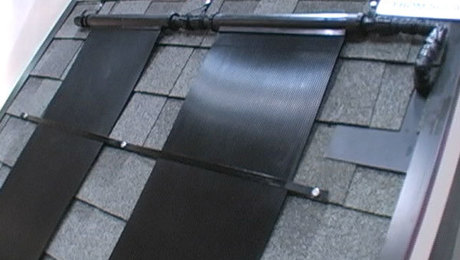HVAC - Page 28 of 37
Heating, ventilation and air conditioning — where that well-known acronym HVAC originates — is an interconnected mechanical network of pipes, wires, ducts and appliances that conditions the air inside a house. The system provides heat in the winter, cool air in the summer, and year-round fresh air for good health. Whether you live in the sultry South, the arid West, or the hot-and-cold Northeast, a well-designed, well-tuned HVAC system is what makes a house both healthy and comfortable.
HVAC systems can include a wide variety of components — air conditioners, attic, fans, whole-house fans, furnaces, boilers, heat pumps, and dehumidifiers. That is, anything that affects the condition of indoor air can be included. As energy-efficiency has become a more pressing issue for both builders and buyers, houses have become better insulated and better sealed. HVAC equipment that was fine in a leaky, under-insulated house from the 1950s doesn’t work very well in today’s airtight building enclosures. In this new building reality, new products have emerged, such as heat-recovery and energy-recovery ventilators and mini-split heat pumps. And as high-performance builders increasingly veer toward all-electric designs and get fossil fuels out of the house, choosing the right components becomes even more important.
Putting it all together is the job of an HVAC contractor. The job requires more than hooking up a gas furnace and calling it a day. Today’s systems have more moving parts and pieces that should be designed into a working whole, installed correctly, and, finally, “commissioned” to make sure everything works the way it’s supposed to.
It’s a brave new world for HVAC contractors, as well as the builders and homeowners who take on some of those jobs themselves. Fine Homebuilding’s library of videos and articles will help you sort it all out.
-
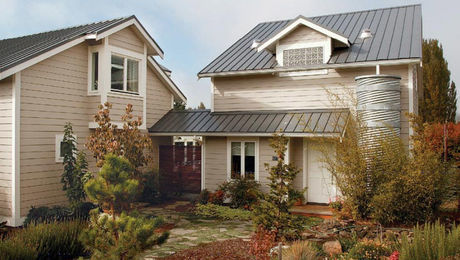 Downsizing for Comfort
Downsizing for Comfort -
Hot2O Solar Water Heating System
-
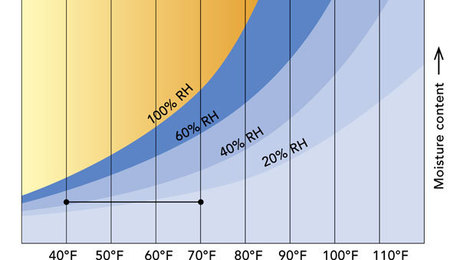 Where is the Humidity Going?
Where is the Humidity Going? -
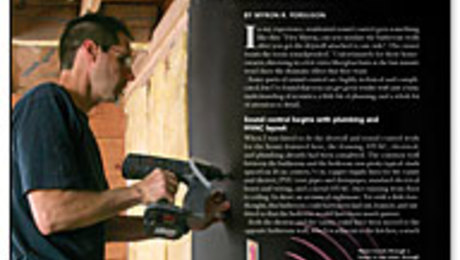 The Quest for a Quiet Room
The Quest for a Quiet Room -
Finding leaks in hydronic heat
-
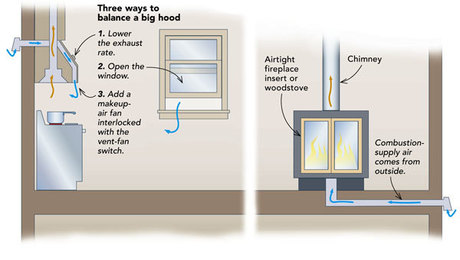 Range hood sucks smoke from the fireplace
Range hood sucks smoke from the fireplace -
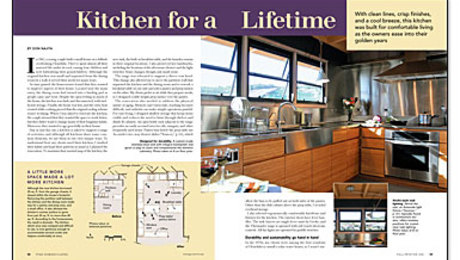 Kitchen for a Lifetime
Kitchen for a Lifetime -
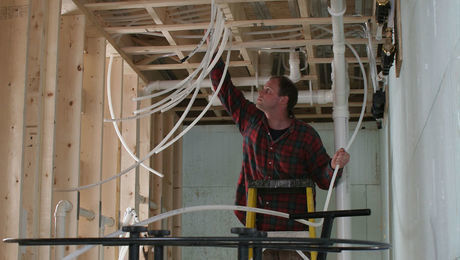 PEX Pipe: Is Copper On the Way Out?
PEX Pipe: Is Copper On the Way Out? -
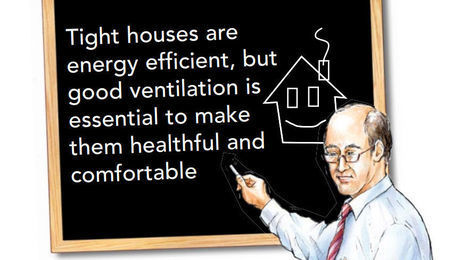 Houses Need to Breathe … Right?
Houses Need to Breathe … Right? -
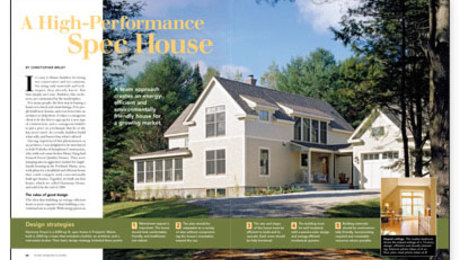 A High-Performance Spec House
A High-Performance Spec House
Fine Homebuilding Magazine
- Home Group
- Antique Trader
- Arts & Crafts Homes
- Bank Note Reporter
- Cabin Life
- Cuisine at Home
- Fine Gardening
- Fine Woodworking
- Green Building Advisor
- Garden Gate
- Horticulture
- Keep Craft Alive
- Log Home Living
- Military Trader/Vehicles
- Numismatic News
- Numismaster
- Old Cars Weekly
- Old House Journal
- Period Homes
- Popular Woodworking
- Script
- ShopNotes
- Sports Collectors Digest
- Threads
- Timber Home Living
- Traditional Building
- Woodsmith
- World Coin News
- Writer's Digest
